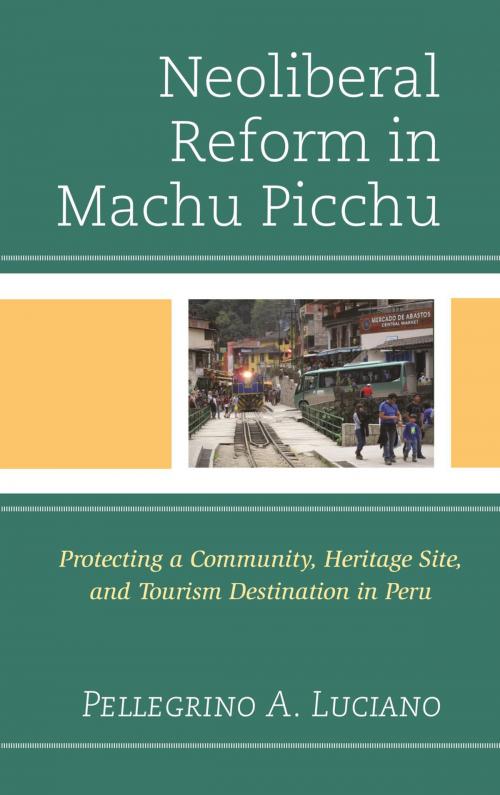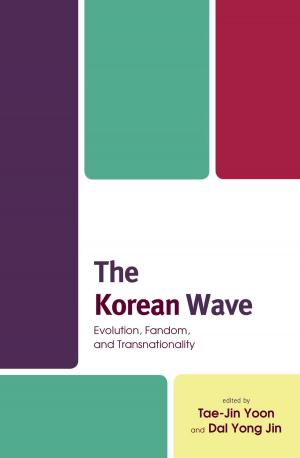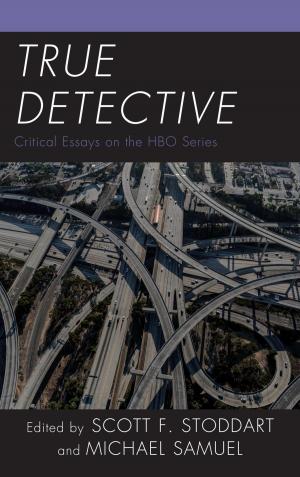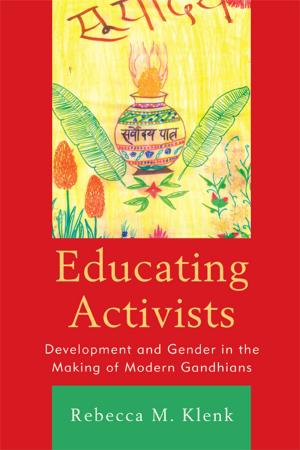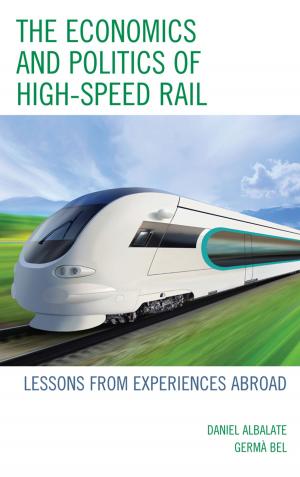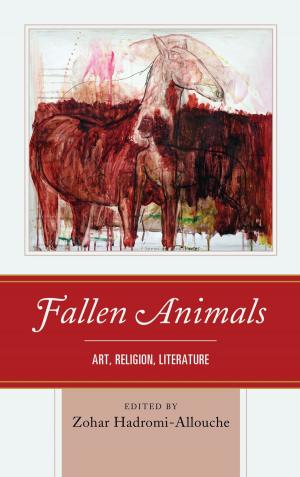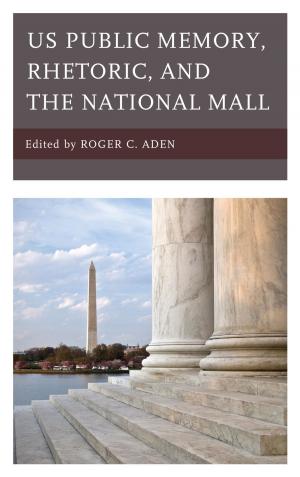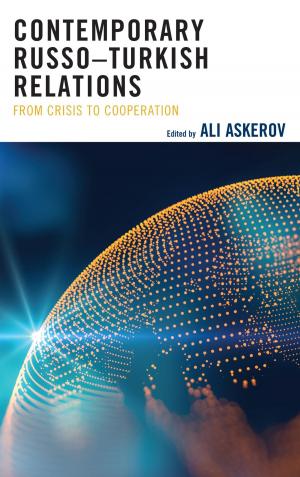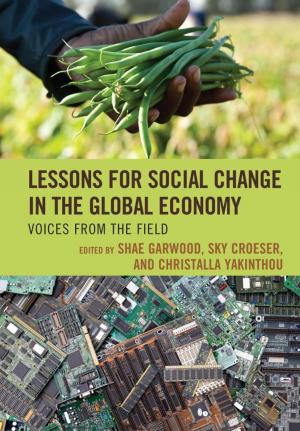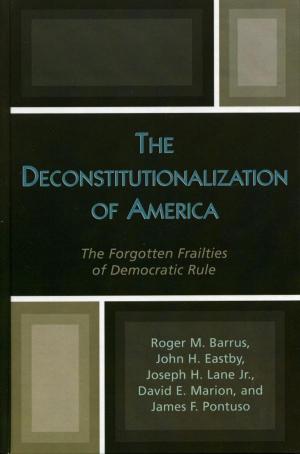Neoliberal Reform in Machu Picchu
Protecting a Community, Heritage Site, and Tourism Destination in Peru
Nonfiction, Social & Cultural Studies, Social Science, Anthropology| Author: | Pellegrino A. Luciano | ISBN: | 9781498545952 |
| Publisher: | Lexington Books | Publication: | November 1, 2017 |
| Imprint: | Lexington Books | Language: | English |
| Author: | Pellegrino A. Luciano |
| ISBN: | 9781498545952 |
| Publisher: | Lexington Books |
| Publication: | November 1, 2017 |
| Imprint: | Lexington Books |
| Language: | English |
As Latin America completes its second decade of neoliberal reforms, Pellegrino A. Luciano takes readers on an ethnographic journey back to a moment of monumental social and economic change in Peru. In Neoliberal Reform in Machu Picchu, Luciano describes the privatization struggles and challenges of the people living in the district of Machu Picchu, a heritage area and tourism destination, during the early 2000’s. At this time, it became central to the government’s neoliberal policies and efforts to use the symbolic nature of the historic and natural Machu Picchu Sanctuary to project a new global image and attract foreign capital. Luciano analyzes the role of middle-class actors in consequence, resistance, and accommodation to neoliberal changes. He fuses political economy to performative and social interaction theory to explain the role of class interest in the facilitation and continuation of neoliberalism as artisan dealers, restaurant and hotel owners, and owners of family businesses interpreted policy changes and conveyed their fears, hopes, and aspirations in the new economy. This book is recommended for scholars of anthropology, political science, economics, tourism studies, and history.
As Latin America completes its second decade of neoliberal reforms, Pellegrino A. Luciano takes readers on an ethnographic journey back to a moment of monumental social and economic change in Peru. In Neoliberal Reform in Machu Picchu, Luciano describes the privatization struggles and challenges of the people living in the district of Machu Picchu, a heritage area and tourism destination, during the early 2000’s. At this time, it became central to the government’s neoliberal policies and efforts to use the symbolic nature of the historic and natural Machu Picchu Sanctuary to project a new global image and attract foreign capital. Luciano analyzes the role of middle-class actors in consequence, resistance, and accommodation to neoliberal changes. He fuses political economy to performative and social interaction theory to explain the role of class interest in the facilitation and continuation of neoliberalism as artisan dealers, restaurant and hotel owners, and owners of family businesses interpreted policy changes and conveyed their fears, hopes, and aspirations in the new economy. This book is recommended for scholars of anthropology, political science, economics, tourism studies, and history.
